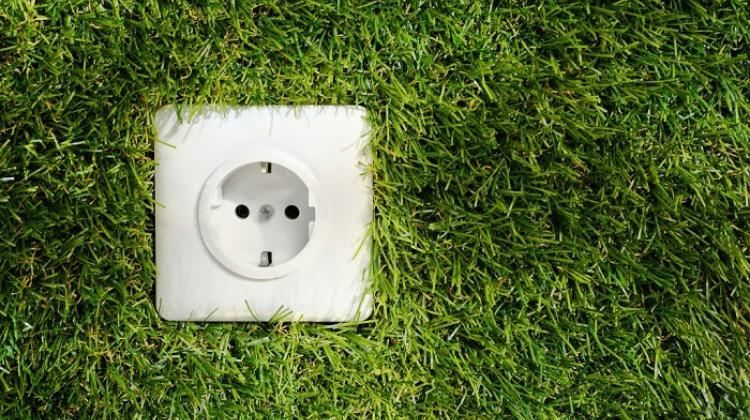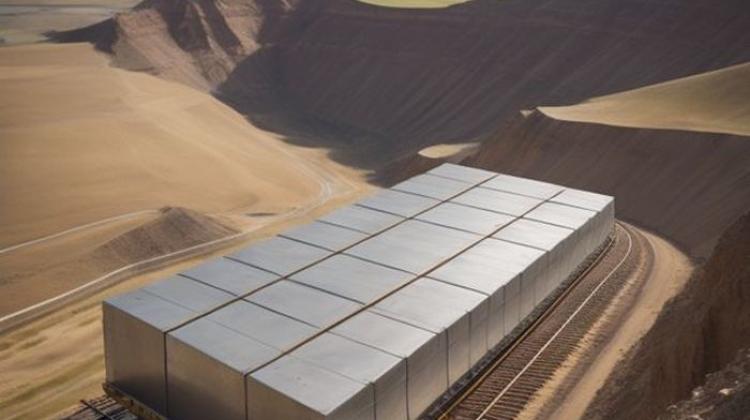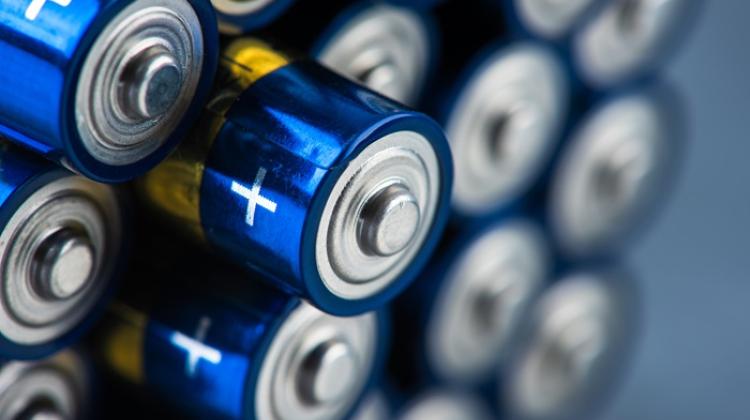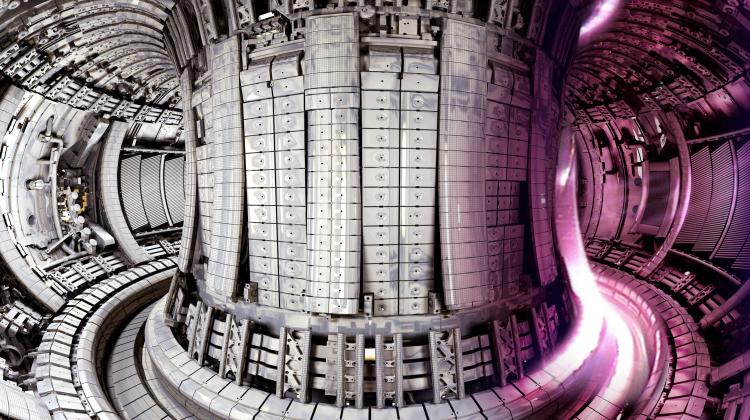Polish researchers co-develop Eco-Bot - virtual energy management assistant
 Credit: Adobe Stock
Credit: Adobe Stock
Eco-Bot is a personalized, virtual energy management assistant for home and business use. The solution was created in an international consortium with the participation of Polish researchers. Its commercialisation is underway.
The personalized virtual energy assistant for energy management at home or in a company called Eco-Bot will notify users about the level of energy consumption, advise on how to optimise this consumption, save energy and reduce costs. It will also educate users in this area. The solution was developed in a European project financed by the European Union (Horizon 2020). The international consortium members included researchers from the University of Economics in Katowice.
According to the project leader Dr. Sylwia Słupik from the University of Economics in Katowice, the application is ready and the process of its commercialisation has begun.
'The app has been tested by over 200 individual and business users in Germany, Spain and the UK. After 14 months, nearly 78 percent users have changed their behaviour under the influence of the app, and 44.5 percent made financial investments to optimise energy consumption', Słupik says.
'In addition, the results showed that while energy consumption did not decrease (the app was tested at the beginning of a pandemic, when many people spent much more time at home), the increase would be much larger without the application, which we have confirmed by comparing data with the control group', she adds.
The application provides real-time data on energy consumption from the entire household or company and from individual equipment. This is possible thanks to smart meters. Słupik explains that they are based on energy disaggregation and data analysis based on NILM algorithms - the division of the energy signal from the entire household into data from individual household appliances.
In addition, Eco-Bot advises users what they can improve and how they can manage energy more efficiently. Recommendations are adapted to the user who is initially assigned a specific profile based on the behavioural model developed by the researchers from the University of Economics in Katowice.
The model divides consumers into five groups, based on their internal motivation to save energy. Two main groups (dividing users almost half) are financial and ecological motivation; each of them is divided into two subgroups. 'In the ecological segment we have ecological idealists and people who subscribe to the +eco+ fashion. In the financial motivation segment there are people focused on reducing energy consumption at all costs and those will only do it if it is easy to achieve', the researcher says.
The fifth group are consumers who do not want to change their behaviour and for whom ecology has little or no significance. 'Research shows that luckily it is a small group, but these people cannot be reached by financial, ecological or any other motivation', she adds.
According to Słupik, the model was tested on a group of 4,500 people from eight European countries; It was a representative group in terms of sex, age and place of residence.
When asked about the commercialisation of this solution in Poland, Dr. Słupik says that the barrier is insufficiently developed infrastructure of energy suppliers and the lack of smart meters in households, which the app uses to source data. 'In the west, a growing number of consumers have such counters in their homes, in Poland we are only beginning to use them. But I see that consumers are becoming more aware and interested in both smart meters in households and comprehensive energy management tools', she says.
The app will be free.
The project was co-financed by the European Commission with nearly EUR 2 million. The consortium members from Germany, Spain, the UK, Greece and Poland included energy suppliers and universities. Find out more on the project website: http://eco-bot.eu/
PAP - Science in Poland, Agnieszka Kliks-Pudlik
akp/ zan/ kap/
tr. RL
Przed dodaniem komentarza prosimy o zapoznanie z Regulaminem forum serwisu Nauka w Polsce.


















